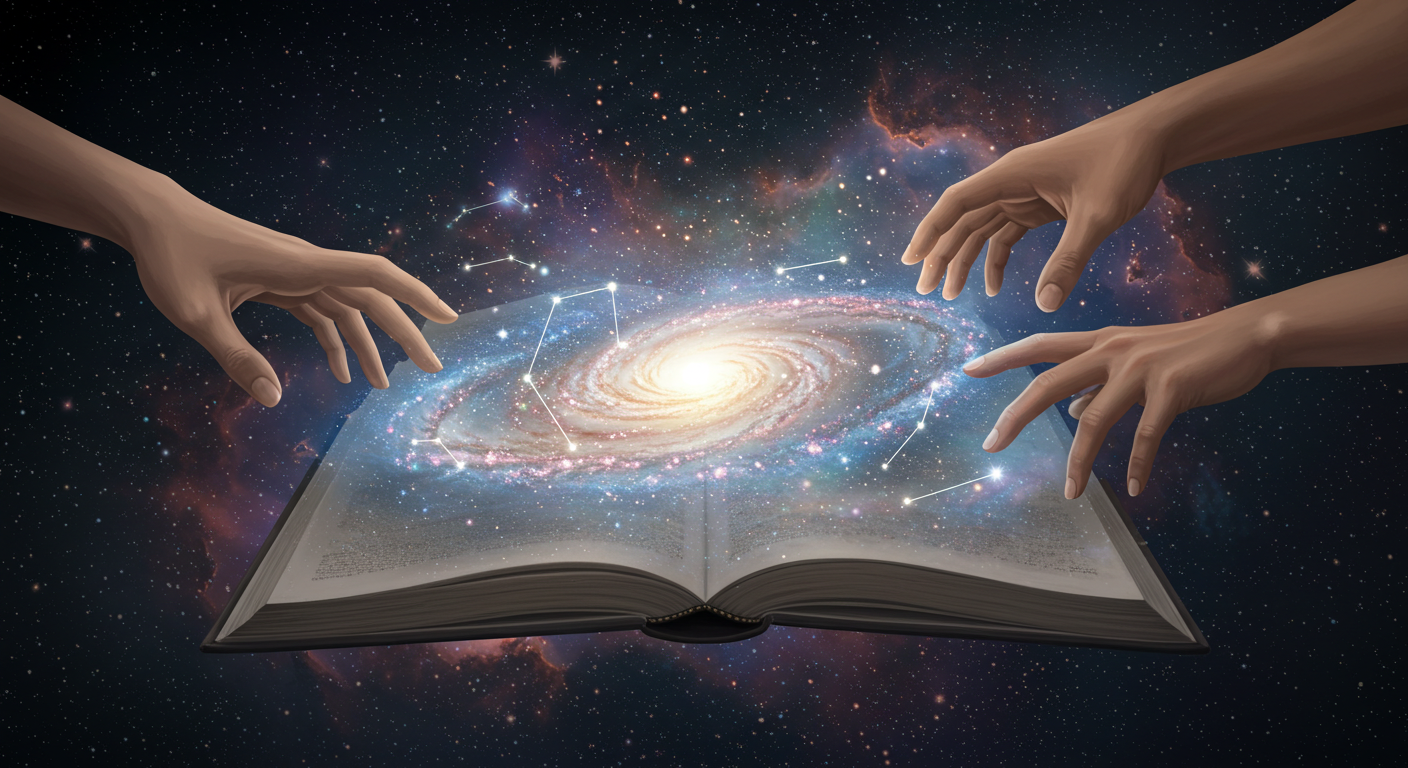Many people have pondered the question of what happens after death. Is there an afterlife? Does consciousness simply cease to exist? These deep philosophical and existential questions have intrigued humanity for centuries, and they continue to be a topic of intense debate. In this article, we will explore various perspectives on what might happen after death, including scientific viewpoints, religious beliefs, and philosophical considerations.
The Biological Perspective: The Cessation of Consciousness
From a biological standpoint, when a person dies, their body ceases to function. The brain, which is responsible for consciousness and thought, stops operating, and with it, the individual’s awareness of their surroundings. This is known as clinical death, and it marks the end of life from a physical and scientific perspective.
According to many scientists, once the brain ceases to function, consciousness is no longer present. This view is based on the understanding that consciousness is a product of brain activity, and without the brain, there is no mind. In this framework, death results in a complete cessation of awareness, with no continuation of consciousness after life.
Religious Views: Afterlife and the Continuation of the Soul
Many religious traditions around the world offer different interpretations of what happens after death. For instance, Christianity, Islam, and Judaism often teach that the soul continues to exist after the physical body dies. Some believe in an afterlife where the soul is judged and either rewarded with eternal life or punished, depending on one’s actions during their earthly life.
Similarly, Hinduism and Buddhism teach that the soul undergoes a cycle of reincarnation, with the soul being reborn in a new body. According to these beliefs, the consciousness continues in a new form, possibly influenced by the actions (karma) from previous lives.
The Philosophical Perspective: Consciousness Beyond the Physical Body
Philosophical discussions about consciousness often delve into questions about the mind-body relationship. Dualism, as proposed by philosophers like René Descartes, suggests that consciousness is separate from the physical body and could potentially continue to exist beyond death. This view posits that the mind or soul is not entirely dependent on the brain and that it could persist after the body ceases to function.
Other philosophical perspectives, such as materialism, argue that consciousness is entirely dependent on the brain, and thus, when the brain dies, consciousness ceases as well. The debate between these two perspectives remains unresolved, with no definitive scientific evidence to support one over the other.
Personal Experiences and Near-Death Experiences
Many people report having near-death experiences (NDEs), where they claim to have had a sense of leaving their body, moving through a tunnel, or encountering a spiritual being. These experiences are often described as profound and transformative, leading some to believe in the possibility of consciousness continuing after death. However, scientists suggest that these experiences may be a result of brain activity occurring during moments of extreme stress or oxygen deprivation.
While NDEs are fascinating and often cited as evidence of life after death, they remain subjective and cannot be universally accepted as proof of consciousness beyond the physical body.
Summary: What Happens After Death?
The question of what happens after death is one that may never have a definitive answer. From a biological perspective, consciousness likely ceases when the brain stops functioning. However, many religious traditions and philosophical views suggest that consciousness or the soul may persist in some form, whether through an afterlife or reincarnation.
Ultimately, the answer to this question may depend on one’s personal beliefs, experiences, and the lens through which they view life and death. Whether one believes in the cessation of consciousness or the continuation of the soul, the question of what happens after death remains a profound and deeply personal mystery.



コメント